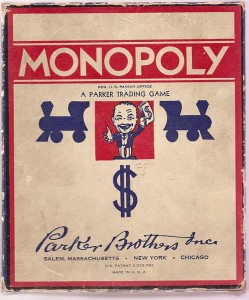 Many of us shy away from discussing our salaries with others. Employers often forbid this practice, although it’s illegal to do so in the private sector. Another reason we may feel uncomfortable talking about money is that we see it as self-worth, not just an amount we are paid to do a job. Tim Herrera for the New York Times, Smarter Living, encourages these discussions as a way to expose pay discrepancies.
Many of us shy away from discussing our salaries with others. Employers often forbid this practice, although it’s illegal to do so in the private sector. Another reason we may feel uncomfortable talking about money is that we see it as self-worth, not just an amount we are paid to do a job. Tim Herrera for the New York Times, Smarter Living, encourages these discussions as a way to expose pay discrepancies.
“I can remember in the not-too-distant past having been discouraged from talking about wages,” Ms. Cornell said. She added that years ago she learned through a conversation about salaries with a male co-worker that he was making about $50,000 more than her, and that there was “no objective justification for the disparity in pay, but he had been in the position for a longer period of time.”
Herrera encourages co-workers to not be afraid of these conversations but to approach them with genuine interest and the idea of mutual benefit.
 What tools do you use for your personal budgeting? Ever wonder if you are saving enough to last through retirement or if you have the money for a trip you’ve been wanting to take? What about teaching your children the value of a dollar and how to save, delay gratification when they see an item they want?
What tools do you use for your personal budgeting? Ever wonder if you are saving enough to last through retirement or if you have the money for a trip you’ve been wanting to take? What about teaching your children the value of a dollar and how to save, delay gratification when they see an item they want? What tools do you use for your personal budgeting? Ever wonder if you are saving enough to last through retirement or if you have the money for a trip you’ve been wanting to take? What about teaching your children the value of a dollar and how to save, delay gratification when they see an item they want?
What tools do you use for your personal budgeting? Ever wonder if you are saving enough to last through retirement or if you have the money for a trip you’ve been wanting to take? What about teaching your children the value of a dollar and how to save, delay gratification when they see an item they want?







